How To Navigate Toddler Behavioral Changes After Bringing Home A New Baby
Bringing home a new baby is a big adjustment for everyone, including your toddler! Sometimes, this big change can cause some big feelings for your toddler, which may result in some behavioral changes. Here are some creative ways to manage toddler behavior changes after bringing home a new baby.
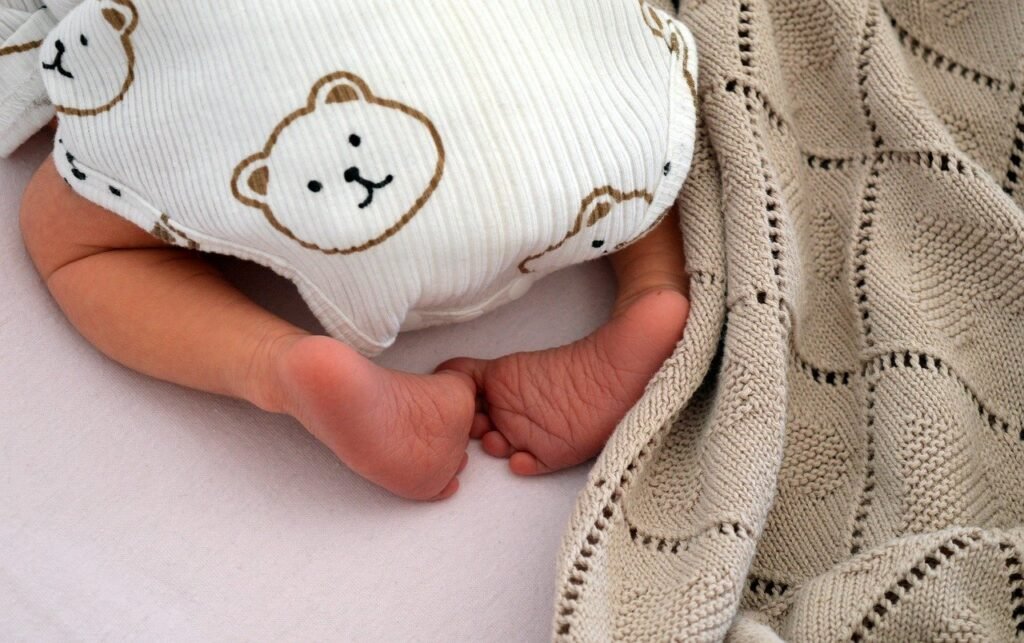
Understanding Your Toddlers Emotions After A New Baby Arrives
Bringing home a new baby is an exciting and joyful experience, but it can also be a very challenging time for your toddler. Suddenly, their routine has been flipped upside down, mom is constantly holding the baby, and maybe mom is even crying or very emotional due to the natural hormonal shifts that occur postpartum. These sudden big changes can lead your toddler to feel confused, overwhelmed, and maybe even left out. Understanding your toddler’s emotional response to the baby’s arrival will be essential in helping them adjust and work through this big transition.
It’s extremely important to remember that toddlers often don’t have the verbal skills to communicate everything that they may be thinking or feeling. They may not even understand what their emotions are, what they mean, or how to tell you that they are feeling this way. Oftentimes, this is the key reason why many toddlers have a dramatic shift in personality or behavior after any big life-changing event, but especially after a baby is born. Understanding this will help you approach your toddler’s behavior with empathy and compassion, rather than confusion or even frustration.
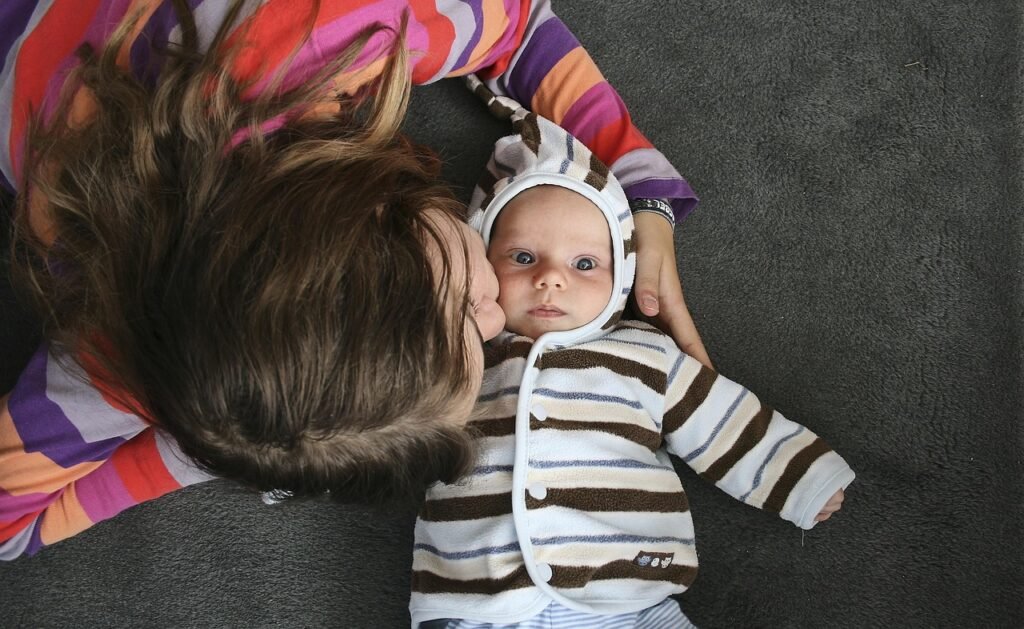
Signs Of Behavioral Changes After Bringing Home A New Baby
While getting settled with your new baby, your toddler may begin to exhibit some telltale signs that will indicate they are struggling with this transition. Here are some things you can look out for!
1. Toddler Is Suddenly Very Clingy After Bringing Home A New Baby
This is one of the most common behavioral changes seen by parents after bringing home a new baby. Your toddler may suddenly want to be held more often, follow you everywhere you go, or even struggle with a new onset of separation anxiety when you leave the room. This behavior is often a sign that your toddler needs more reassurance, as they may be sensing that your attention is now divided between both children and they are seeking extra closeness with you.
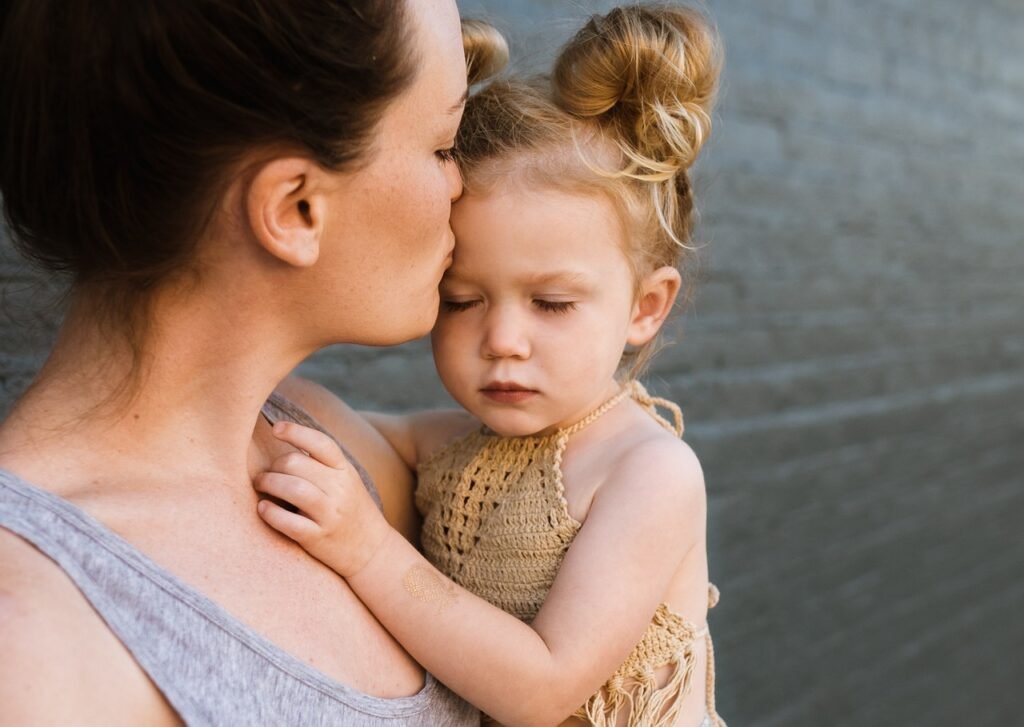
2. Regressions In Behavior After Bringing Home A New Baby
It’s also quite common for children to have regressions in their behavior once a new baby arrives. It’s not uncommon that a child who was once potty trained may begin to regress and have a lot of accidents, or even begin asking for diapers and refuse to use the toilet. You may also see them revert back to pacifiers, thumb sucking, or bottles, despite already being weaned from these things. Behavioral regressions are often a child’s subconscious way of seeking comfort and returning to a phase in their life when they felt most secure.
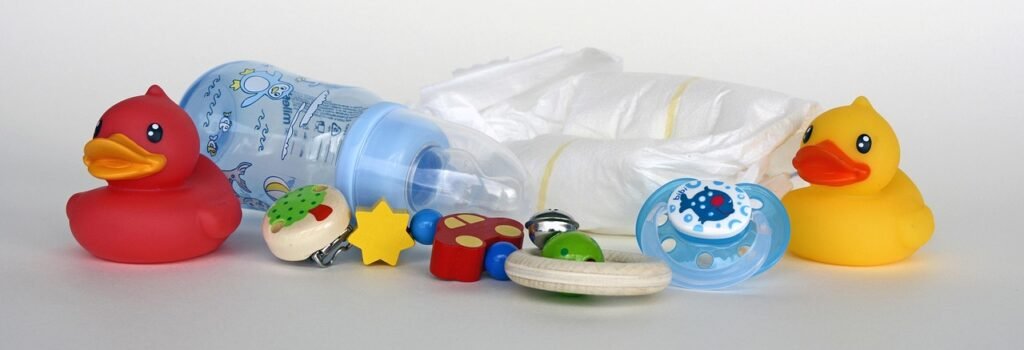
3. Increased Tantrums Or Emotional Outbursts
Toddlers often experience frustration when a new baby arrives, especially if they are now forced to wait for things they may have previously been able to do or get quite quickly when they were your only child. As a result of these overwhelming new frustrations, you may see an increase in tantrums or extreme emotional outbursts. These big outbursts may even be triggered by things you view as being very small or minor issues. Remember, these things feel big to your child, and this small issue is probably only one piece to the puzzle that lead to their meltdown.

4. Acting Out Or Newfound Aggression After Bringing Home A New Baby.
Another sign of behavioral change can be an increase in aggression (maybe even towards the baby) or acting out. Things like hitting. Kicking, biting, throwing toys, or pushing may be signs that your toddler is feeling jealous or resentful of the attention the baby receives. These behaviors are often used as a way for the toddler to try and maneuver the attention and focus back onto themselves. Its crucial to understand that these behaviors are typically a cry for connection, and they do not truly want to cause harm to anyone in the family. This behavior does not indicate that they hate you or their new sibling, but rather that they love you so much and they are scared of losing their connection to you.

Setting Realistic Expectations For Your Toddler’s Behavior
Its important to go into this with the expectation that your entire family dynamic is going to change. Your toddler included! No matter how perfectly you approach this change, it is still going to feel big to your toddler, and there will most likely be some degree of behavioral change in relation to that. This change in behavior is expected, and it does not mean that you’ve done anything wrong or that your toddler will grow to not like their sibling. This is just the natural course of this transition, it’s expected that it’ll be a change for everyone involved, and change is hard, Especially for toddlers!

How To Prevent Jealousy Between Siblings
Jealousy is extremely common in toddlers, especially while they learn to navigate sharing their parents with a new baby. Jealousy isn’t inherently bad. It’s simply a sign that your toddler may need some extra security and attention within your relationship.
Involving your toddler in some of the baby care tasks may help them feel less left out and more involved in what you are doing. I know it is so tempting to try to separate them, especially when the newborn is crying and you feel really overwhelmed. Allowing your toddler to “help” may feel very overwhelming to you at first, but if it’s done properly, it not only provides your toddler with a sense of comfort and security, but also encourages your toddler to bond with their new sibling!
setting aside 15-20 minutes each day to solely focus on your toddler is also crucial to preventing jealousy and keeping them feeling secure in your relationship. As a new mom, you’re probably exhausted. Please keep in mind, these 15 minutes don’t need to be anything extravagant. It could be as simple as cuddling on the couch while watching TV, having your toddler help you cook dinner, or even just lying down together for a bedtime book and cuddles. Keep it simple, and make it enjoyable for everyone so that this time doesn’t begin to feel like it’s a chore for you.
When you bring your new baby around family members and friends, they are all probably going to be very focused on the baby. Do your best in these moments to slightly shift the focus onto praise for your toddler, too! If the baby learned a new skill recently, now is a great time to tell the group this “new thing” your toddler learned as well! Make sure you let your toddler hear you bragging about the good things they are doing, it’s so good for them to hear those things and internalize that you are proud of them and their accomplishments. Even just sharing with the group how amazing the toddler has been through the transition, even if they are displaying some behavioral changes, only mention the good things your toddler has been doing through the big change!

Establishing Consistent Routines To Help Your Toddler Adjust
Establishing a routine with a newborn can be challenging because newborns grow and change so rapidly in the first few months. Despite that, it is important to keep your toddler’s routine as normal and consistent as possible during this big transition. Your routine will probably look very different than mine, but initially, when my youngest was a newborn, my kids were essentially on opposite nap schedules. My youngest would take a nap in the morning while my oldest played, then after lunch, my oldest would nap and the baby would be awake for a few hours, and then by the time the oldest woke up from his nap, the baby would be ready for their nap.

Communicating With Your Toddler About The New Baby
How you communicate with your toddler is so important to how your toddler adjusts to this big change. Consider your toddler’s language skills and how they are still developing. Even if your toddler is very good at speaking, you have to remember that they may still struggle with comprehension, especially when their emotions are running high.
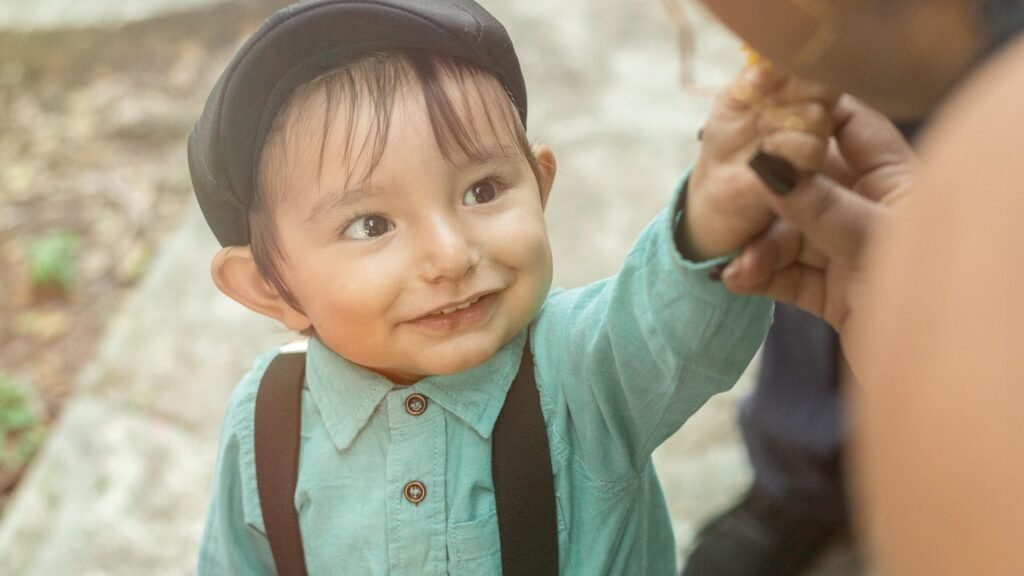
1. Make Sure You’re Using Age-Appropriate Language
Its important to use easy-to-understand language while also keeping sentences short and straight to the point. If your toddler is asking you about how the baby was born, avoid using words like “contractions” or “labor”. Focus on giving basic and easily digestible information, such as “The baby was growing in my tummy and now he’s here to be your brother!”
2. Prepare Them Early
Begin talking about the baby and your pregnancy as soon as possible with your child! Explain to them in simple terms what it means to be a big brother or sister, and explain that the baby will soon come home and be a part of your family. Although a toddler won’t fully grasp what is soon to come, normalizing this change before it happens may minimize the shock when it does.
3. Acknowledge Their Feelings And Concerns
This is a big change for your toddler, and I think it’s reasonable to expect that this will cause some big feelings for them! In those moments of big feelings, work hard to validate and acknowledge the feelings your toddler is having, even if they feel silly or minuscule to you. To a toddler, you are their world, and that can feel scary to have some new person come in and suddenly “take over” their world.
When To Seek Professional Help
As parents, we naturally expect some behavioral changes as our toddlers adjust to bringing home a new sibling. However, there may be times when a toddler’s behavior goes over the threshold of what we would typically expect as a response to bringing home a new baby. Here are some key indicators and signs that your toddler may need some additional support:
- Severe and persistent regression that worsens or doesn’t get better after several months.
- Severe separation anxiety that persistently disrupts normal daily life and healthy functioning
- your toddler’s aggression becomes frequent, intense or poses a true danger to themselves or others
- Your toddler’s tantrums are happening several times a day and you are unable to calm them down for long periods of time
- Any tantrums leading to self-harming behaviors
- Your toddler has become quiet and emotionally disengaged, when previously their personality was very different
- your toddler is unable to emotionally bond with the baby

Conclusion
In most cases, a toddler will probably have some sort of emotional response to their new sibling coming home. It is what we do as parents to support them through this big transition that truly sets the stage for how they will persevere and make it through this. Remember to refrain from frustration and anger, as most of the behaviors you will see are actually a cry for connection, rather than any personal attack against you. If your toddler does display any of these behaviors after bringing a new baby home, remember this is natural and it is not your fault. I hope these tips and advice are helpful to you, and I hope your transition goes smoothly!
If you have any questions or comments, please leave them below and I’ll get to them as soon as I can! Don’t forget to subscribe to our email list, and share this post with some of your mom friends who may find this helpful.

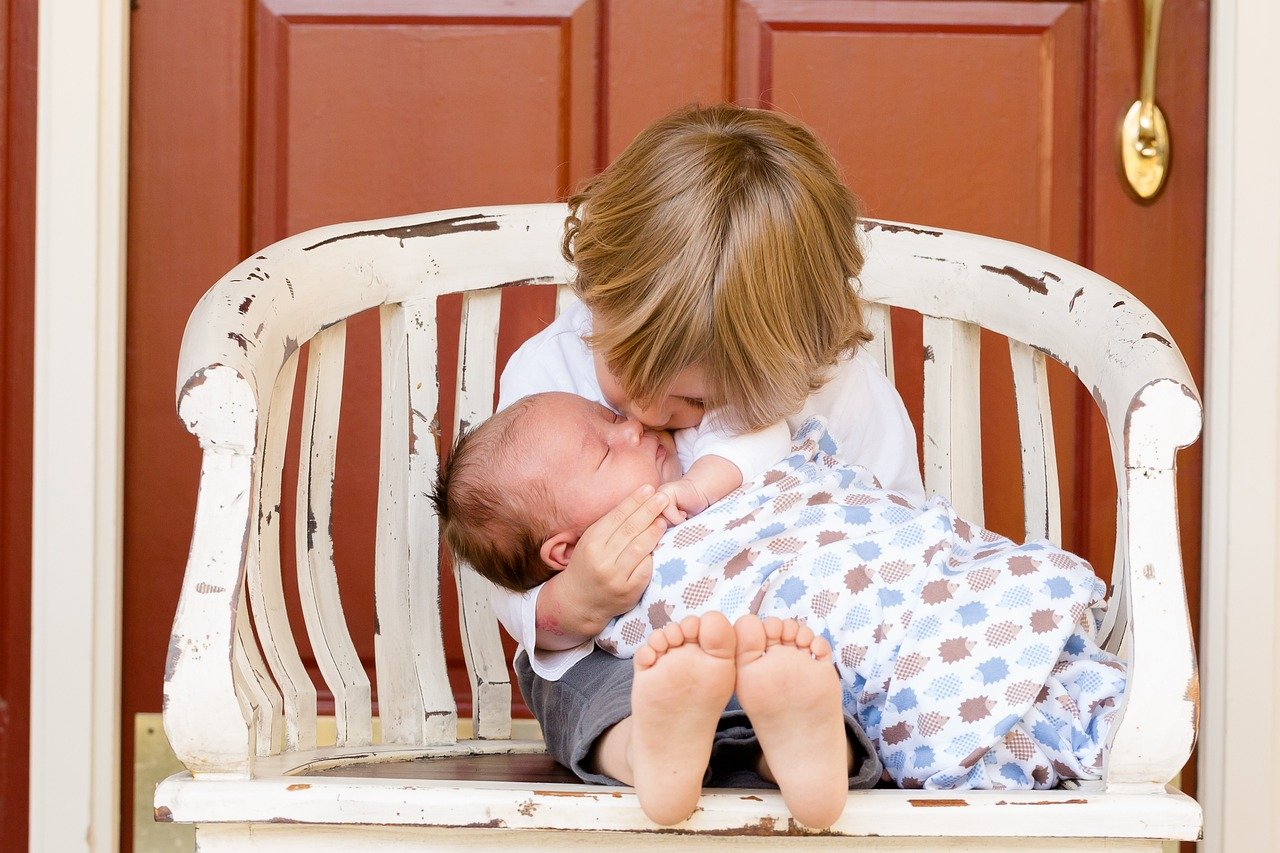

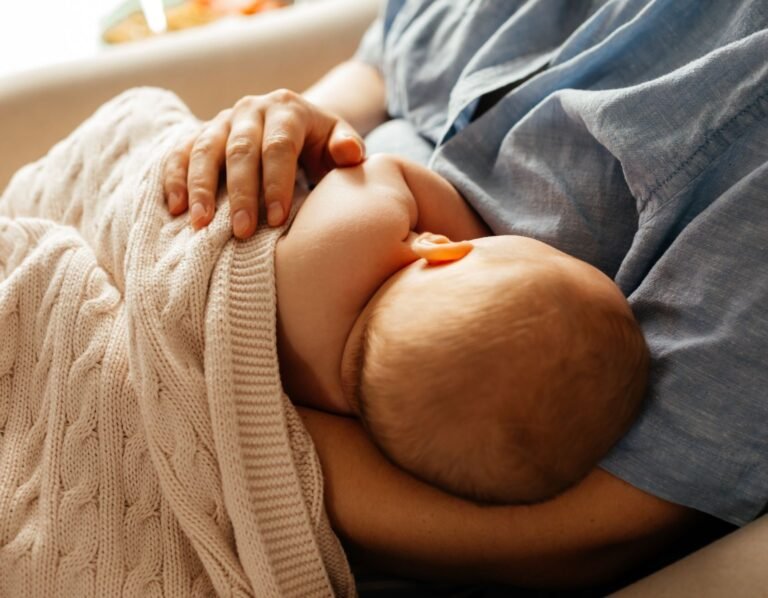
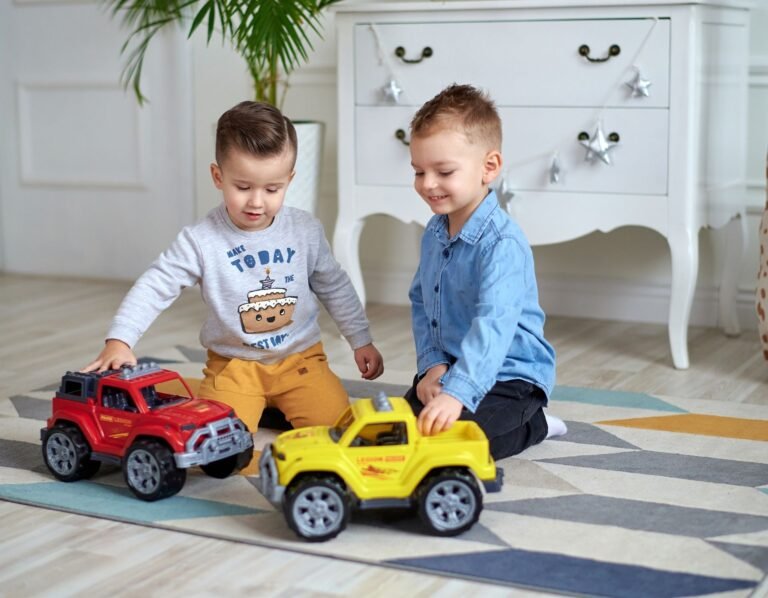


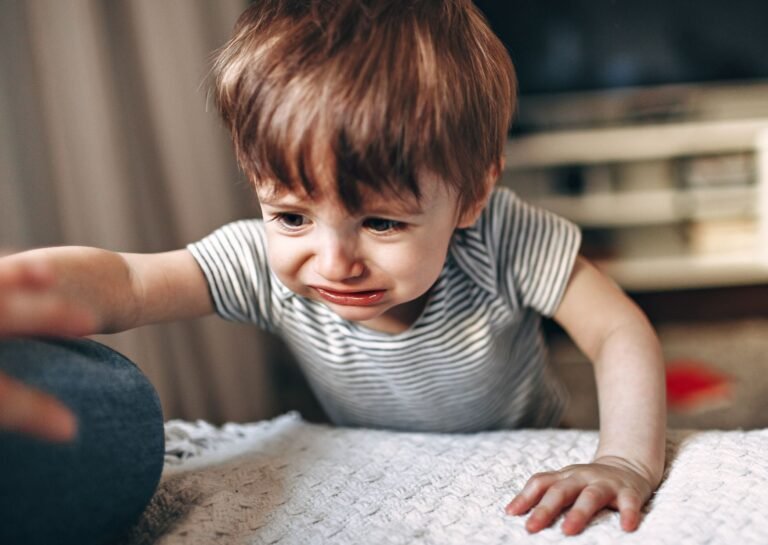
Leave a Reply